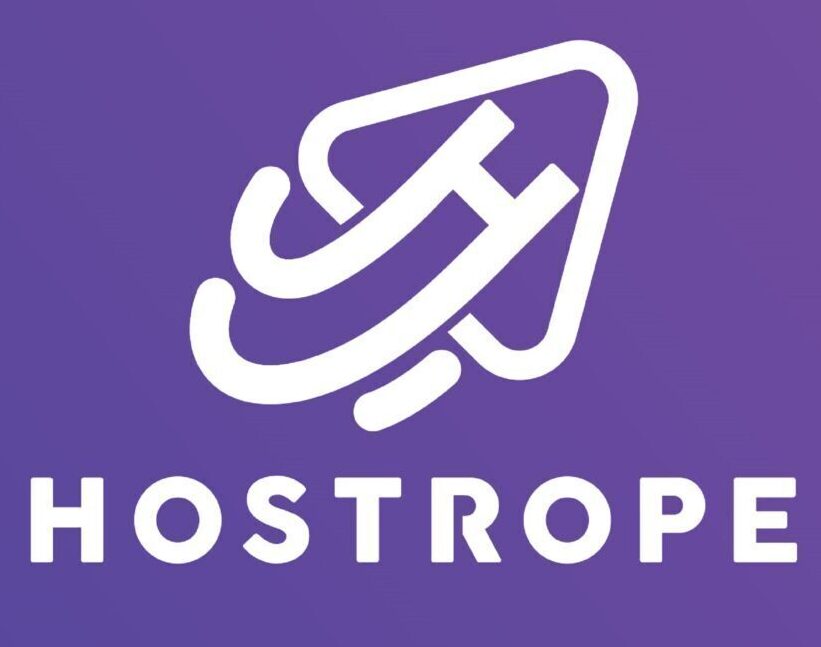In today’s digital age, where social media platforms, search engines, and various other marketing channels compete for attention, email marketing remains one of the most powerful and effective tools for businesses of all sizes. With its ability to reach a targeted audience directly in their inbox, email marketing offers unparalleled opportunities for engagement, relationship-building, and conversion. In this comprehensive guide, we’ll delve into the basics of email marketing, exploring its benefits, best practices, and strategies for success.
**Understanding Email Marketing**
At its core, email marketing involves sending commercial messages to a group of people via email. These messages can take various forms, including promotional offers, newsletters, product updates, event invitations, and more. Unlike other marketing channels that rely on algorithms or paid advertising, email marketing allows businesses to communicate directly with their subscribers, fostering personalized interactions and driving action.
**Benefits of Email Marketing**
1. **Reach**: With billions of email users worldwide, email marketing provides a vast reach, allowing businesses to connect with their target audience regardless of geographic location or time zone.
2. **Targeting**: Email marketing enables precise audience targeting based on factors such as demographics, interests, purchase history, and engagement behavior, ensuring that messages resonate with recipients.
3. **Cost-effectiveness**: Compared to traditional advertising channels, email marketing offers excellent ROI (Return on Investment), requiring minimal investment in terms of both time and resources.
4. **Measurable Results**: Email marketing platforms provide robust analytics and reporting tools, allowing businesses to track key metrics such as open rates, click-through rates, conversion rates, and more, to measure the effectiveness of their campaigns.
5. **Customer Engagement**: By delivering relevant and timely content directly to subscribers’ inboxes, email marketing fosters ongoing engagement and interaction, nurturing customer relationships over time.
**Key Components of Email Marketing**
1. **Email List Building**: Building a quality email list is the foundation of successful email marketing. Businesses can grow their subscriber base through various methods, including website sign-up forms, social media promotions, lead magnets (such as e-books or webinars), and offline events.
2. **Segmentation**: Segmenting your email list based on demographic, behavioral, or psychographic factors allows for highly targeted and personalized messaging. By sending relevant content to specific segments, businesses can increase engagement and conversion rates.
3. **Content Creation**: Compelling content is the heart of any successful email marketing campaign. Whether it’s informative articles, promotional offers, product updates, or exclusive discounts, the key is to deliver value to subscribers while aligning content with their interests and needs.
4. **Email Design and Layout**: The design and layout of your emails play a crucial role in capturing recipients’ attention and driving engagement. Focus on creating visually appealing, mobile-responsive templates that are easy to read and navigate across different devices.
5. **Call-to-Action (CTA)**: Every email should include a clear and compelling call-to-action that prompts recipients to take the desired action, whether it’s making a purchase, signing up for an event, downloading a resource, or visiting a website.
6. **Automation**: Email automation allows businesses to streamline their marketing efforts by sending targeted messages triggered by specific actions or events, such as welcome emails, abandoned cart reminders, or anniversary offers. Automation not only saves time but also ensures timely and relevant communication with subscribers.
7. **Testing and Optimization**: Continuous testing and optimization are essential for maximizing the effectiveness of email marketing campaigns. Experiment with different subject lines, content formats, send times, and CTAs to identify what resonates best with your audience and refine your approach accordingly.
**Best Practices for Email Marketing Success**
1. **Personalization**: Tailor your emails to individual recipients based on their preferences, behavior, and purchase history to create a personalized experience that resonates with subscribers.
2. **Permission-based Marketing**: Obtain explicit permission from subscribers before sending them marketing emails to comply with regulations such as GDPR (General Data Protection Regulation) and build trust with your audience.
3. **Quality Over Quantity**: Focus on delivering value-driven content rather than bombarding subscribers with frequent, irrelevant messages. Respect their inbox and prioritize quality over quantity to maintain engagement and loyalty.
4. **Mobile Optimization**: With a growing number of users accessing emails on mobile devices, ensure that your emails are optimized for mobile responsiveness and usability to deliver a seamless experience across all devices.
5. **Compliance and Transparency**: Familiarize yourself with email marketing regulations and best practices, such as CAN-SPAM (Controlling the Assault of Non-Solicited Pornography And Marketing) Act, and be transparent about your data collection and usage practices to build trust with subscribers.
6. **Monitor and Analyze Performance**: Regularly monitor key metrics and analytics to evaluate the performance of your email campaigns and identify areas for improvement. Use A/B testing and data-driven insights to optimize your strategies and drive better results over time.
**Conclusion**
In an ever-evolving digital landscape, email marketing remains a cornerstone of effective marketing strategies, offering unparalleled reach, targeting capabilities, and engagement opportunities. By understanding the basics of email marketing and implementing best practices, businesses can harness the power of email to connect with their audience, drive conversions, and foster long-term relationships that drive business growth. Embrace the versatility and effectiveness of email marketing to unlock new possibilities and achieve your marketing objectives in today’s competitive marketplace.











